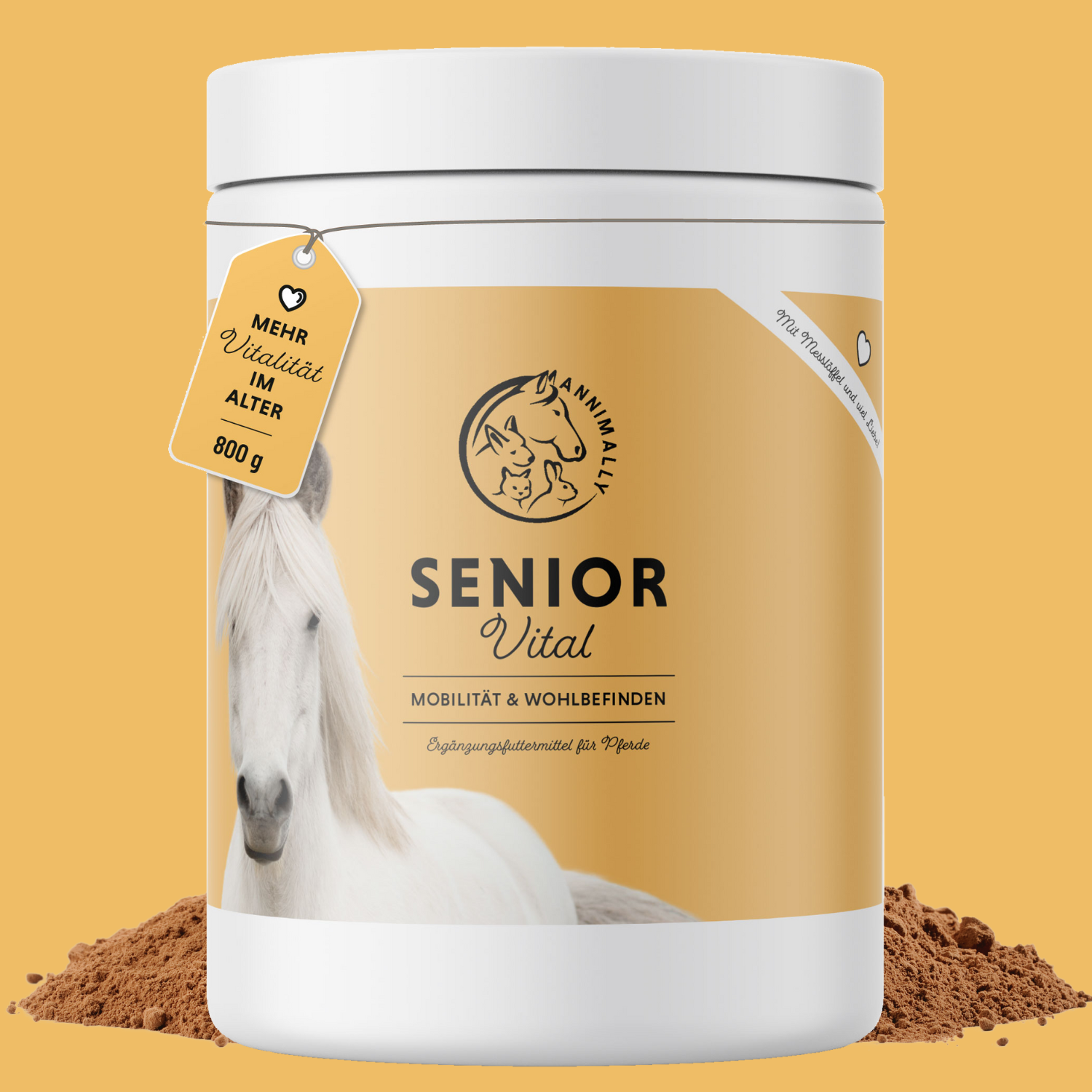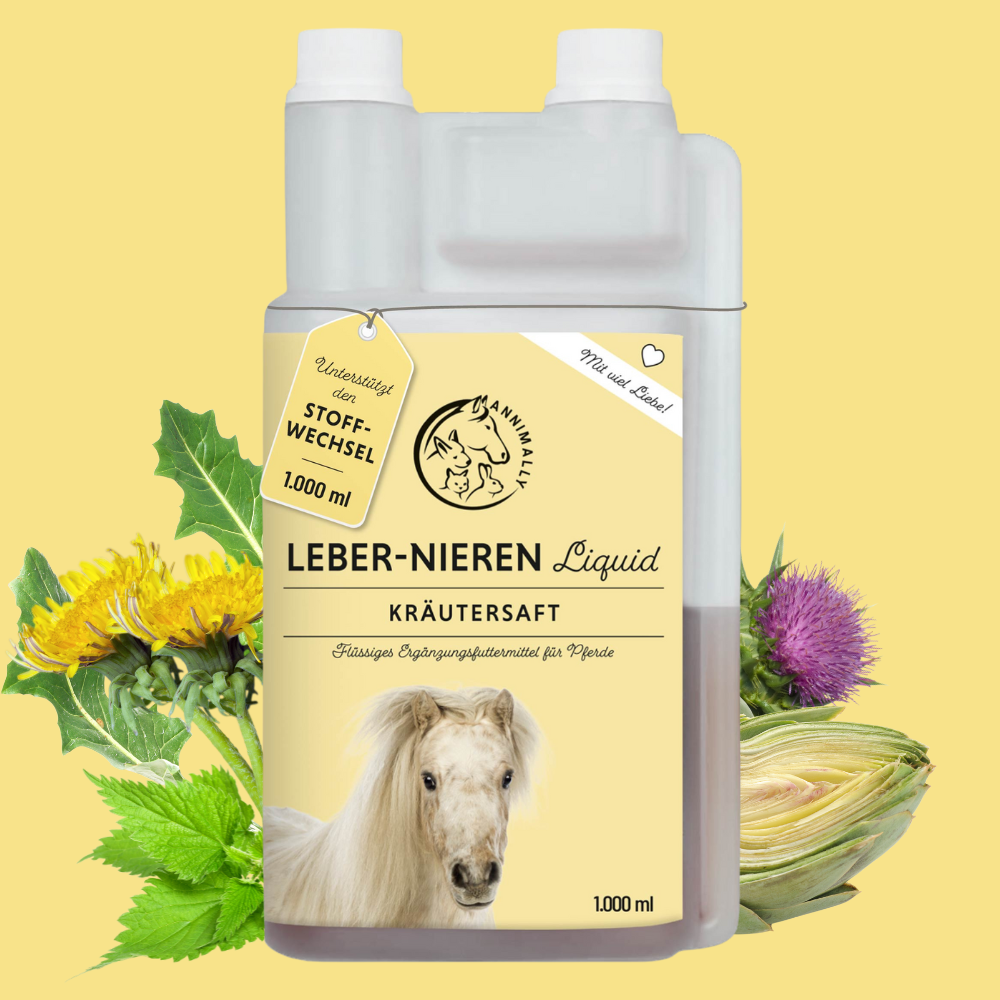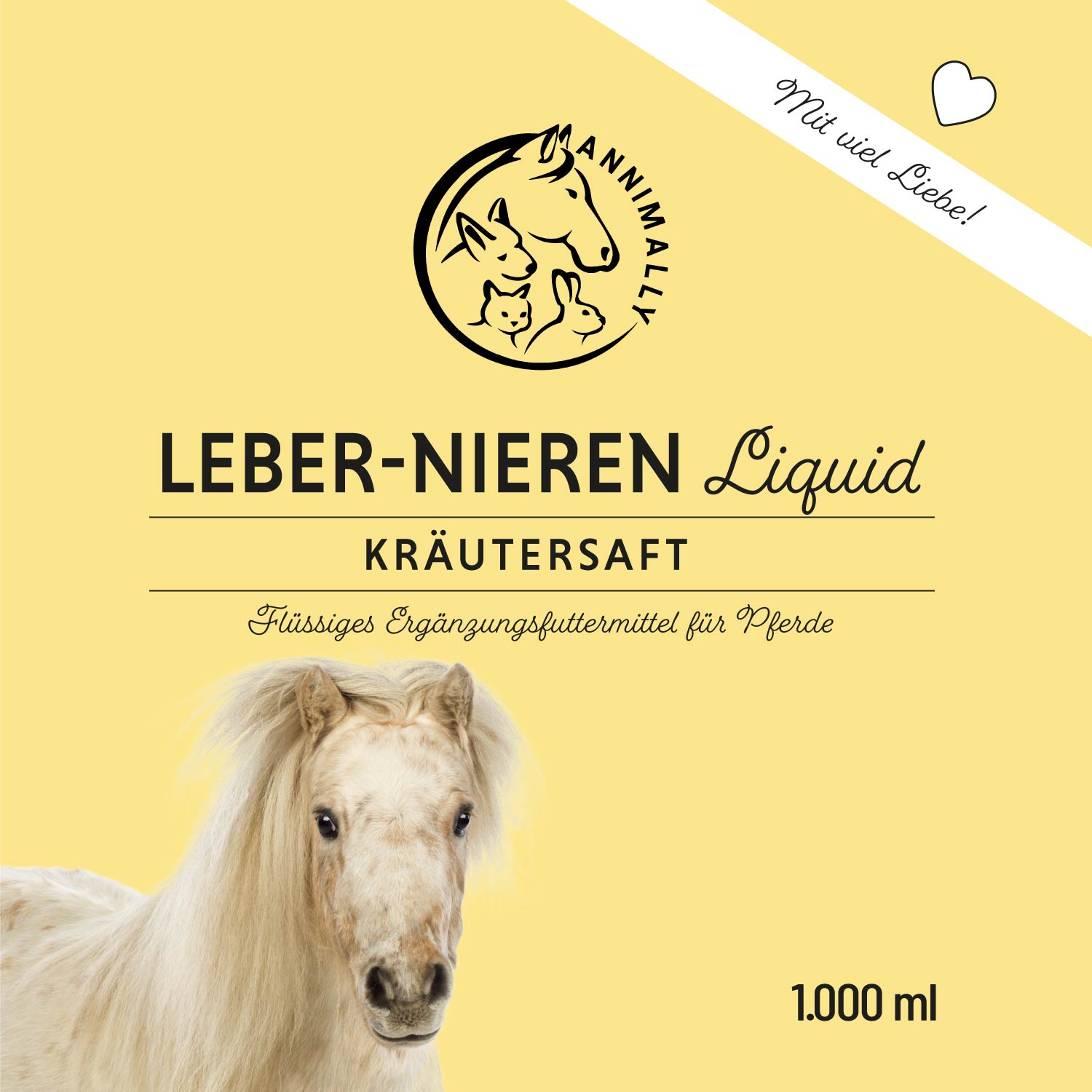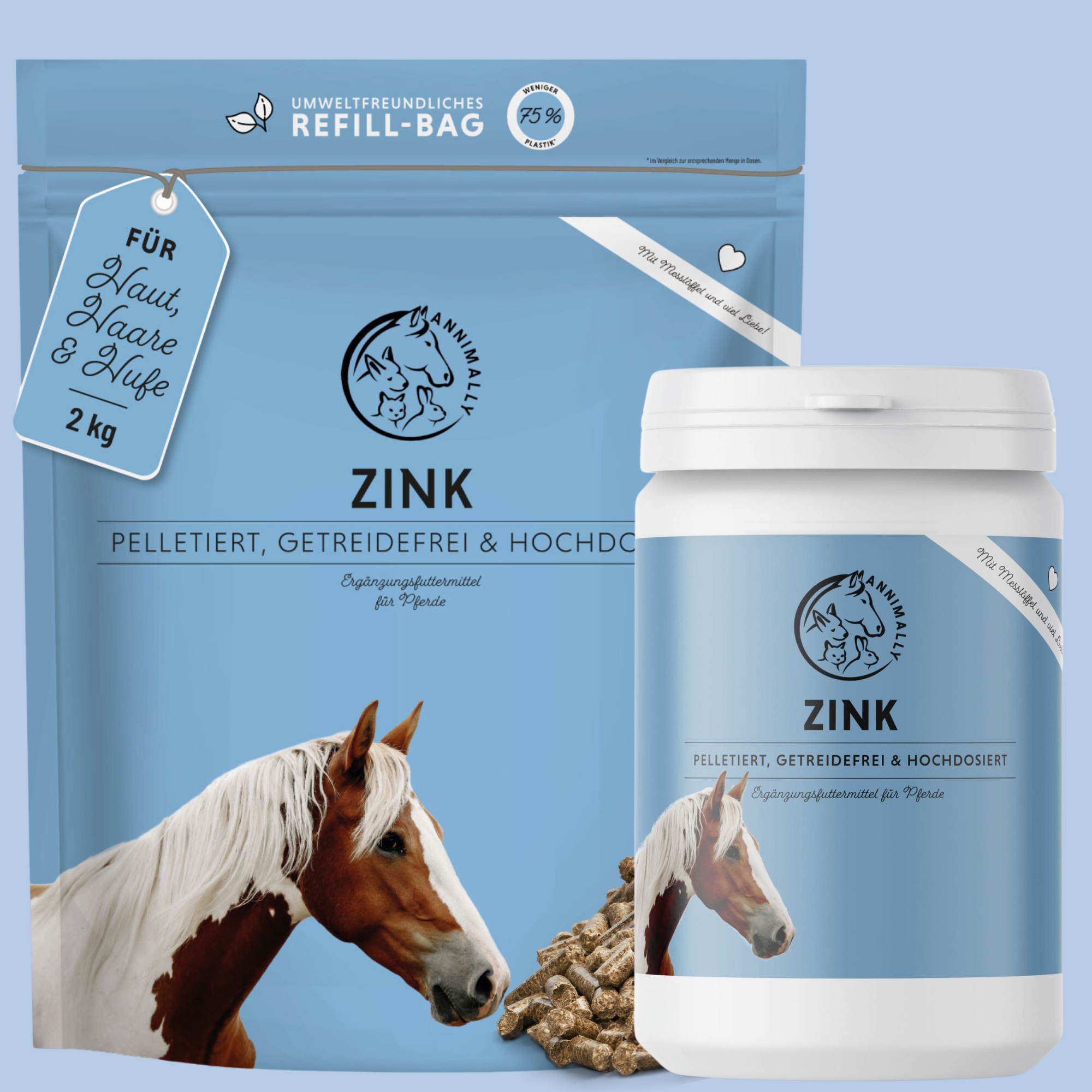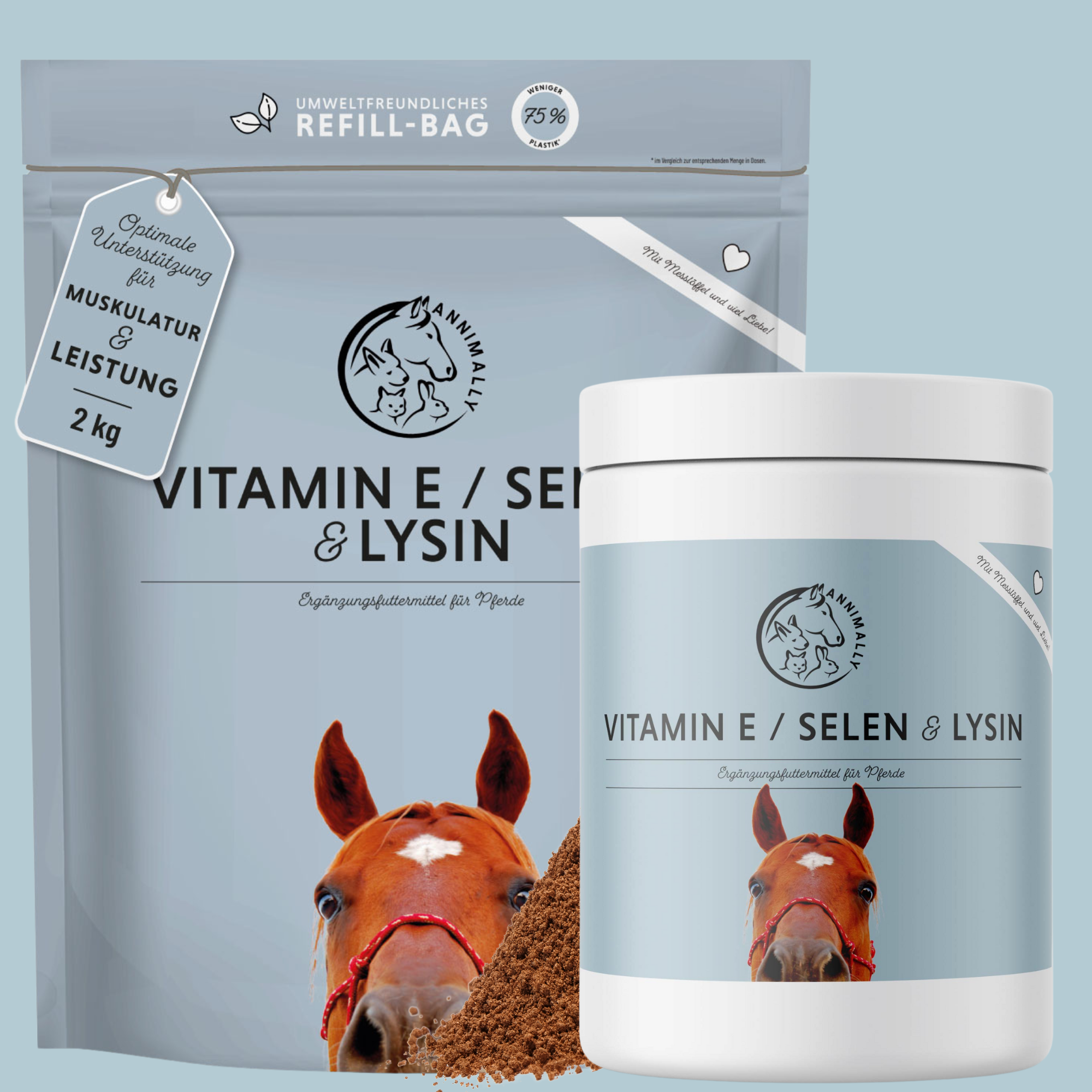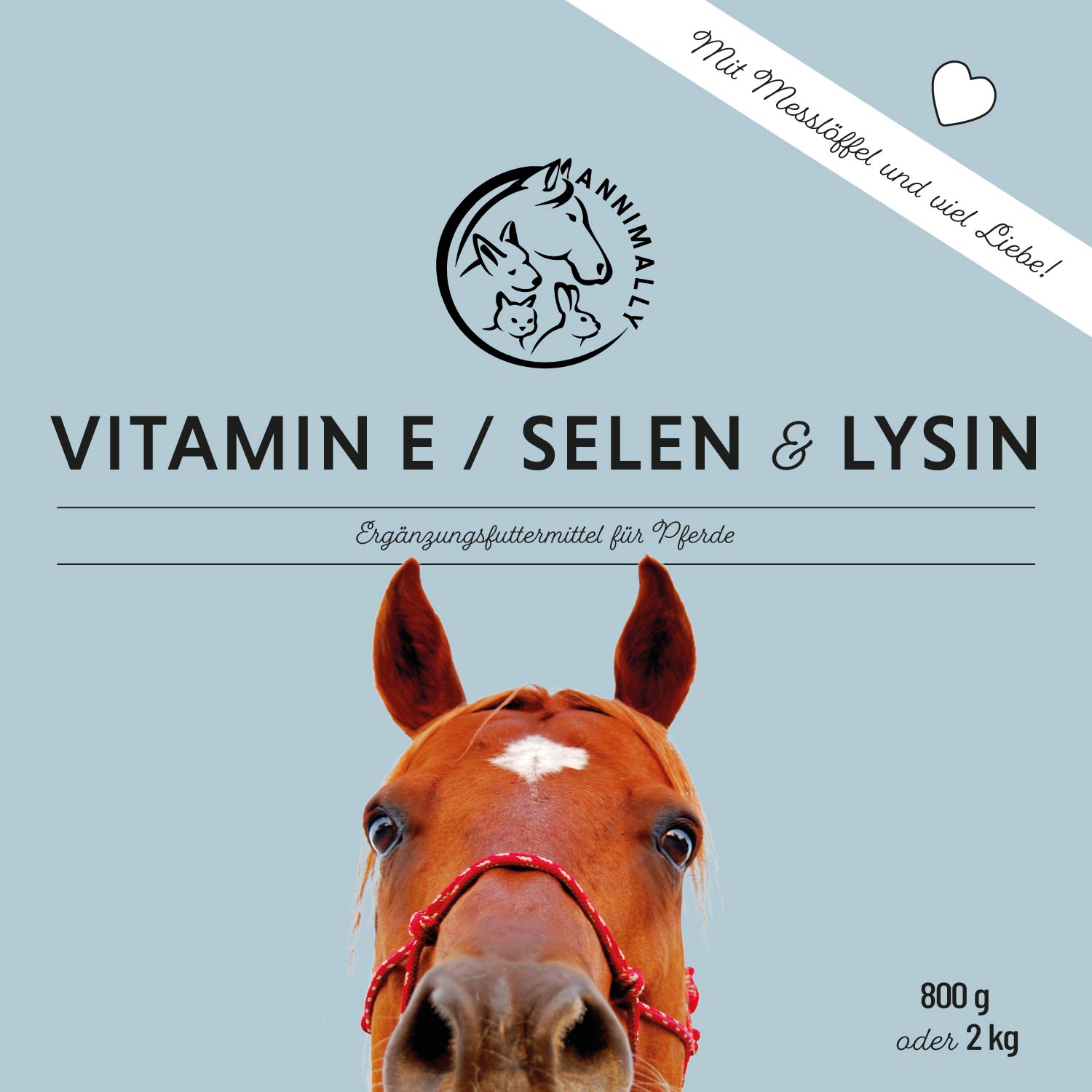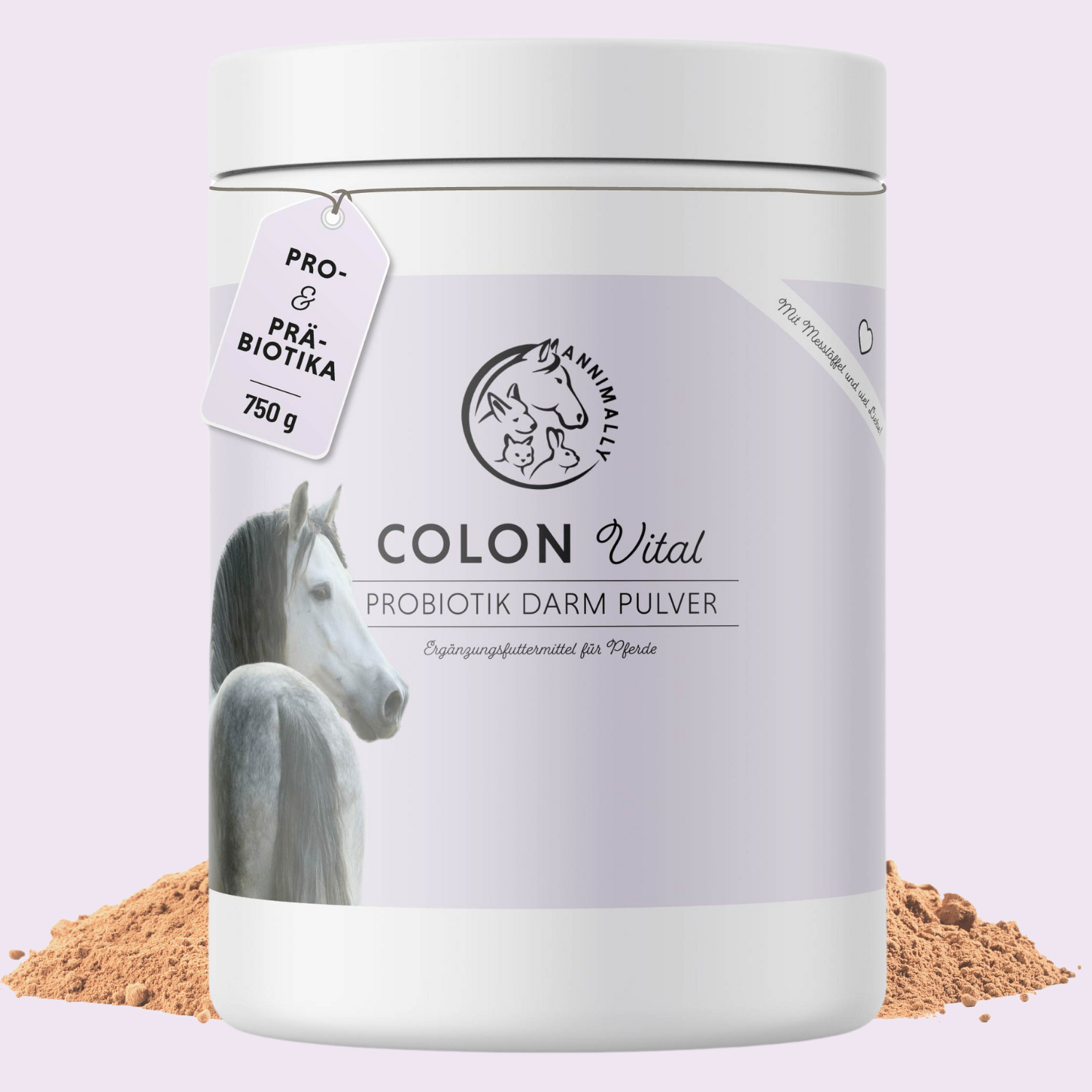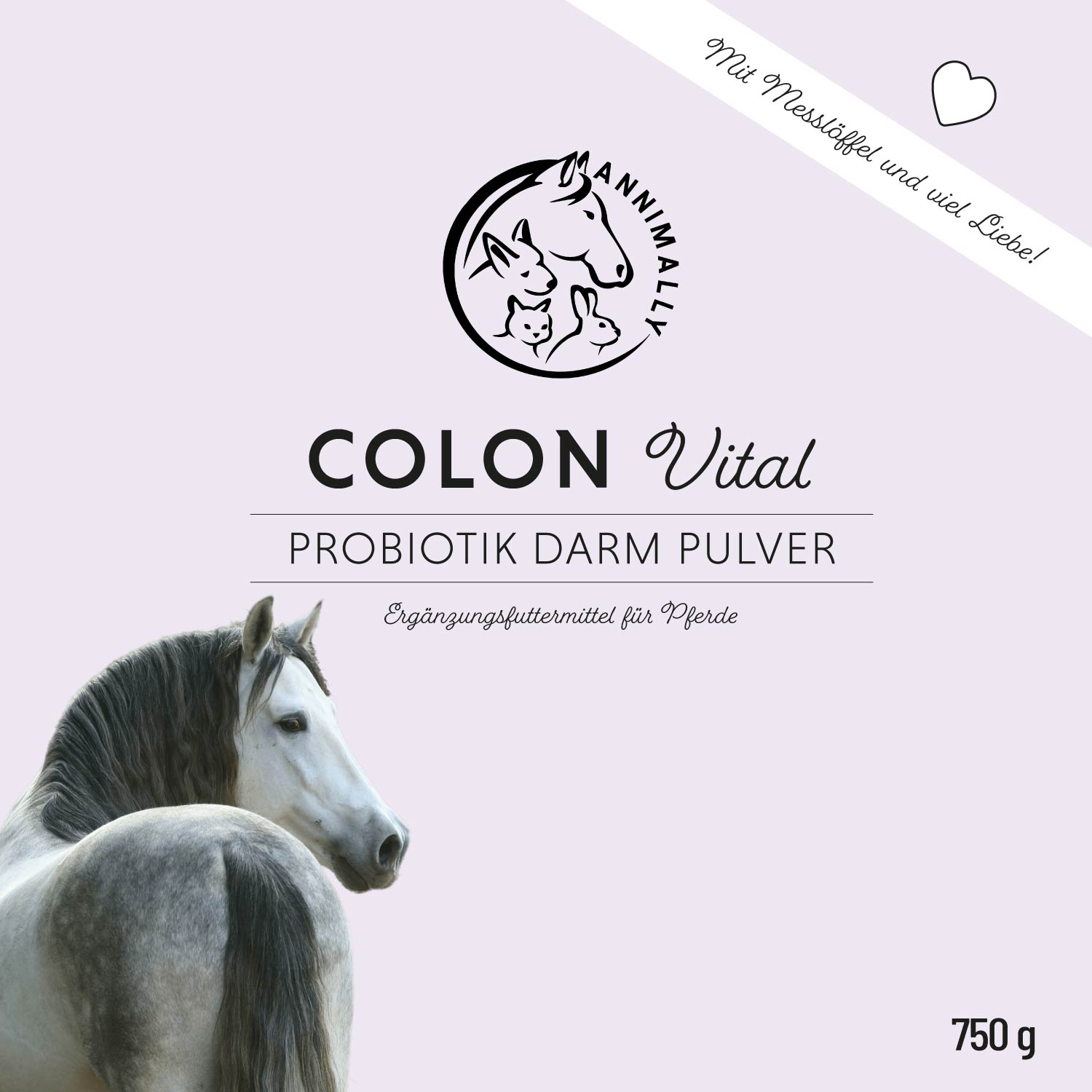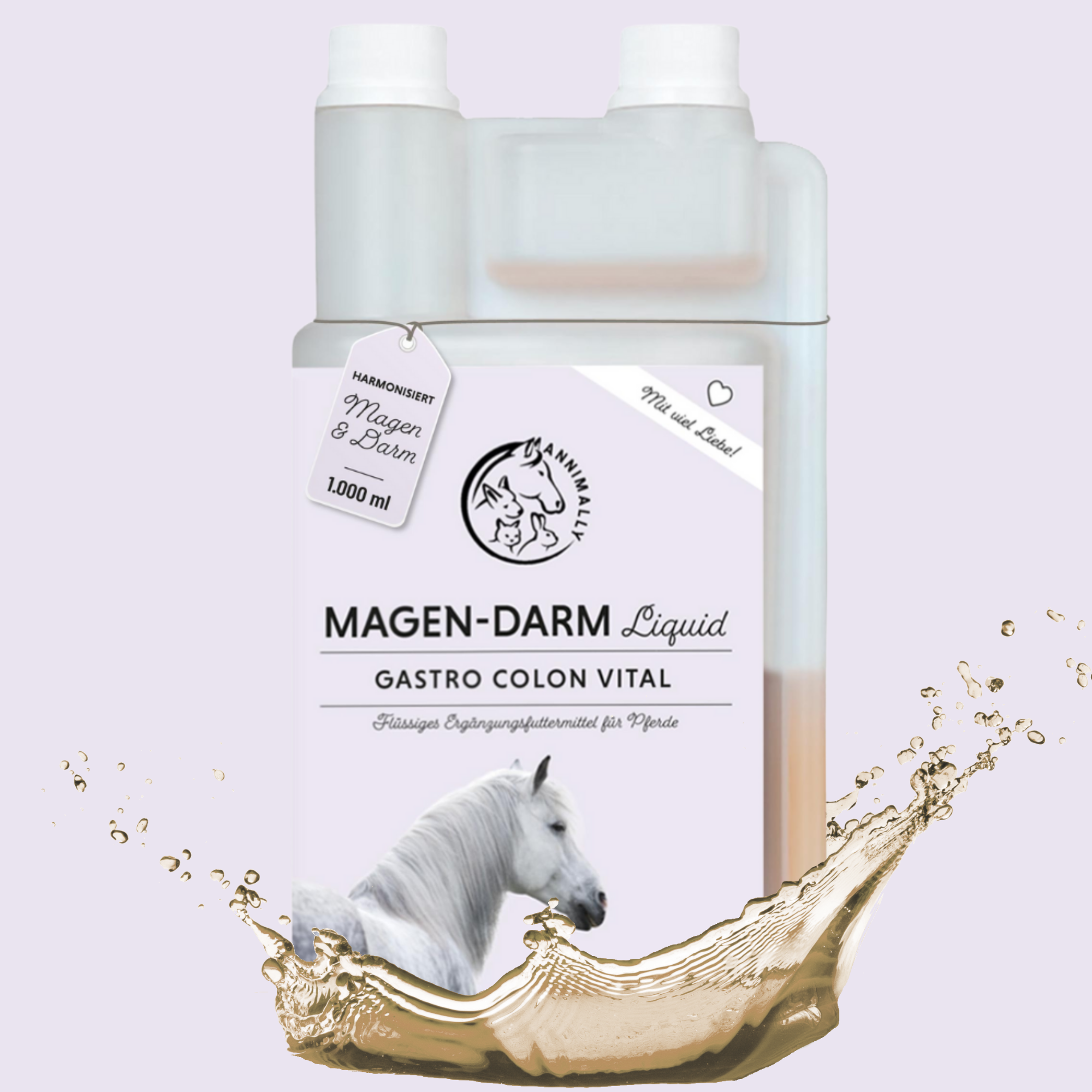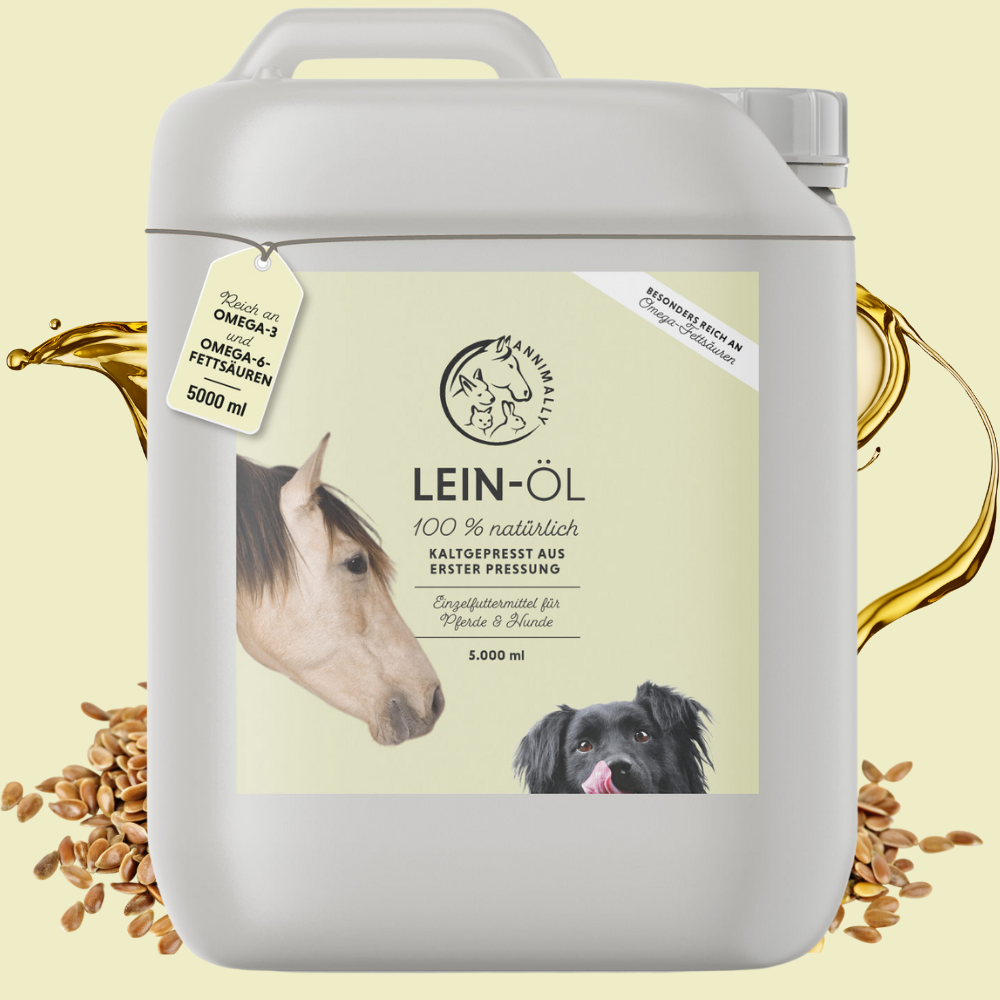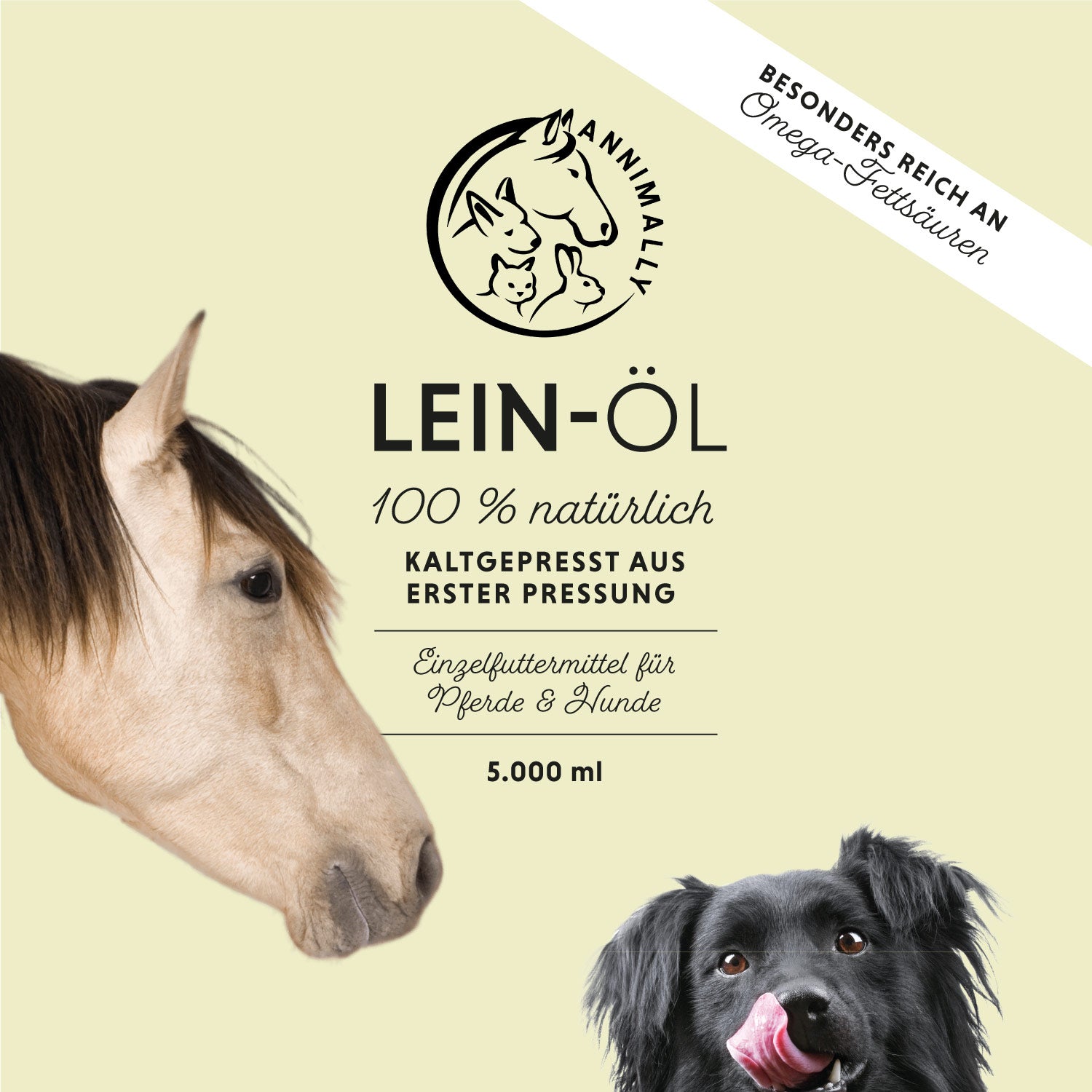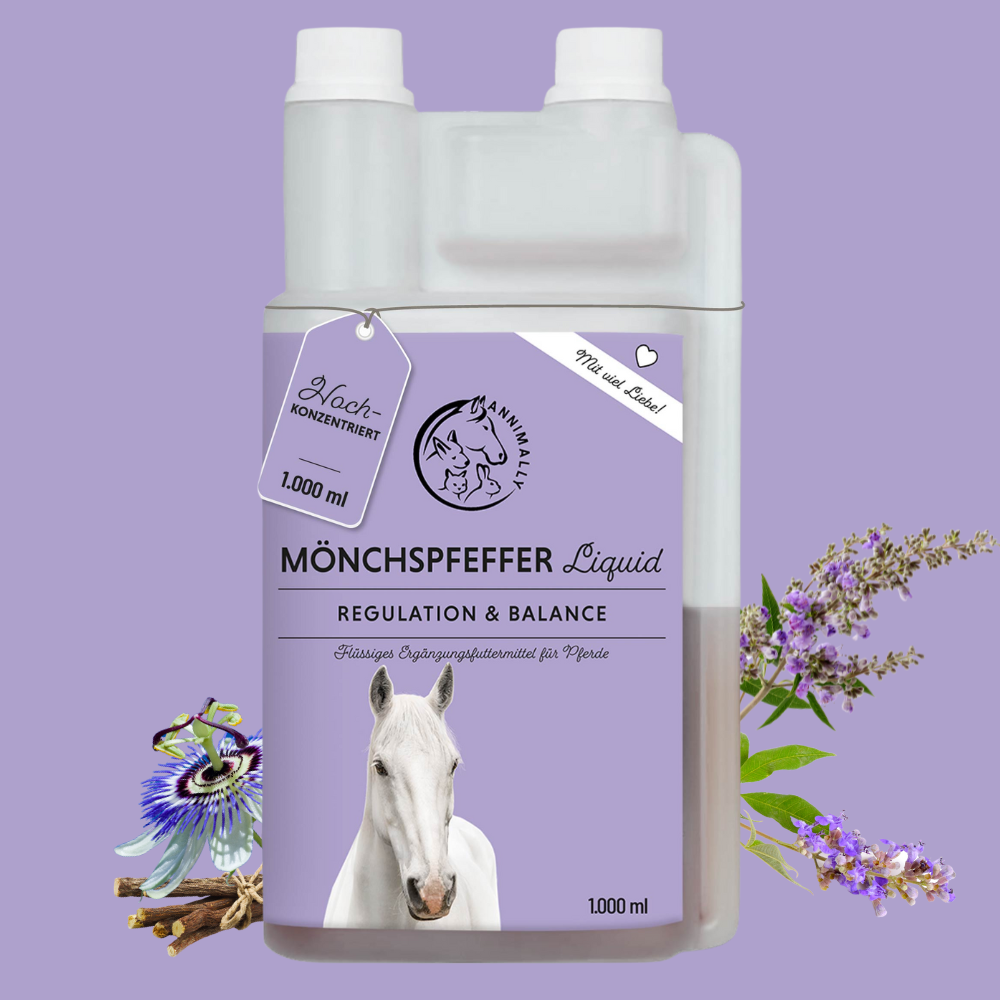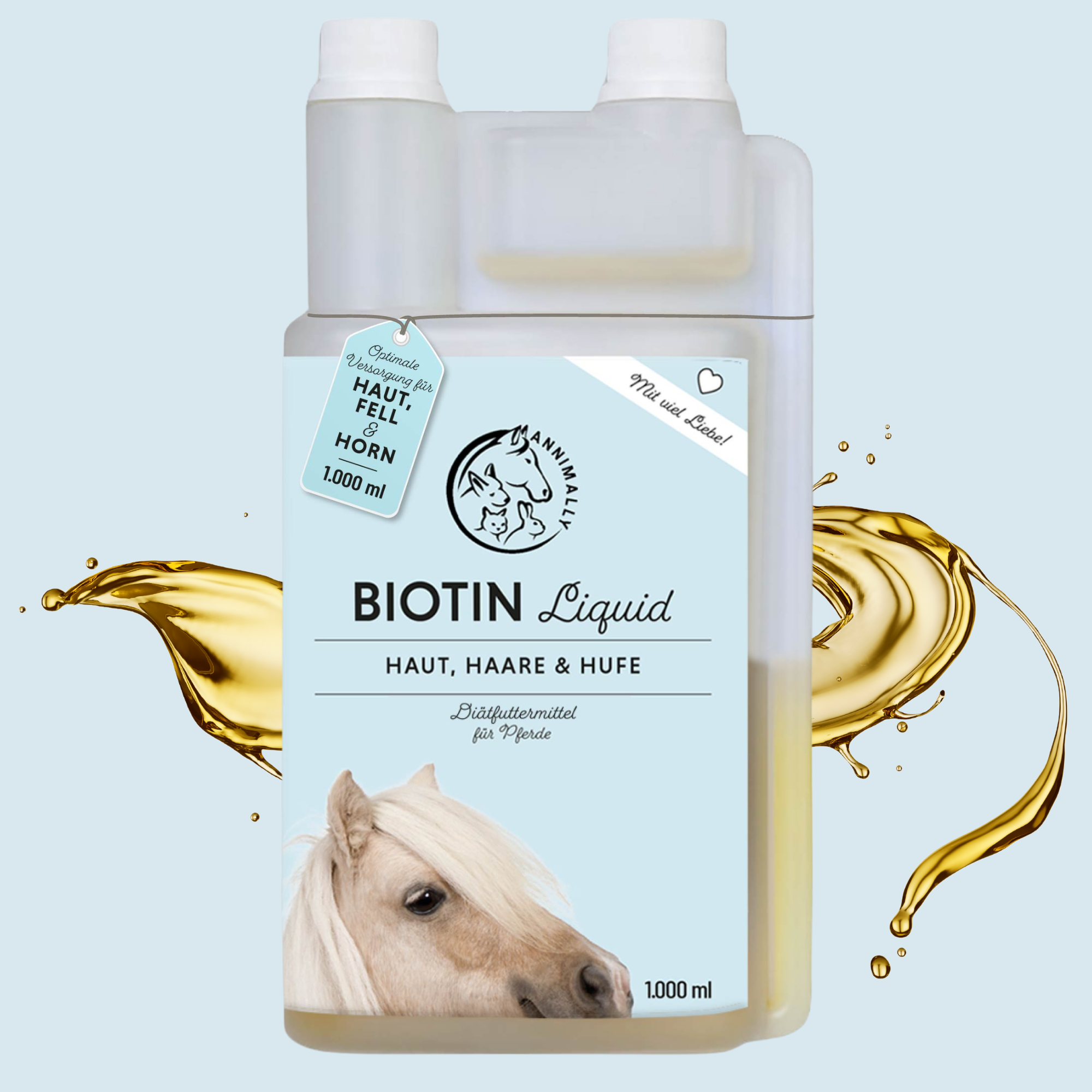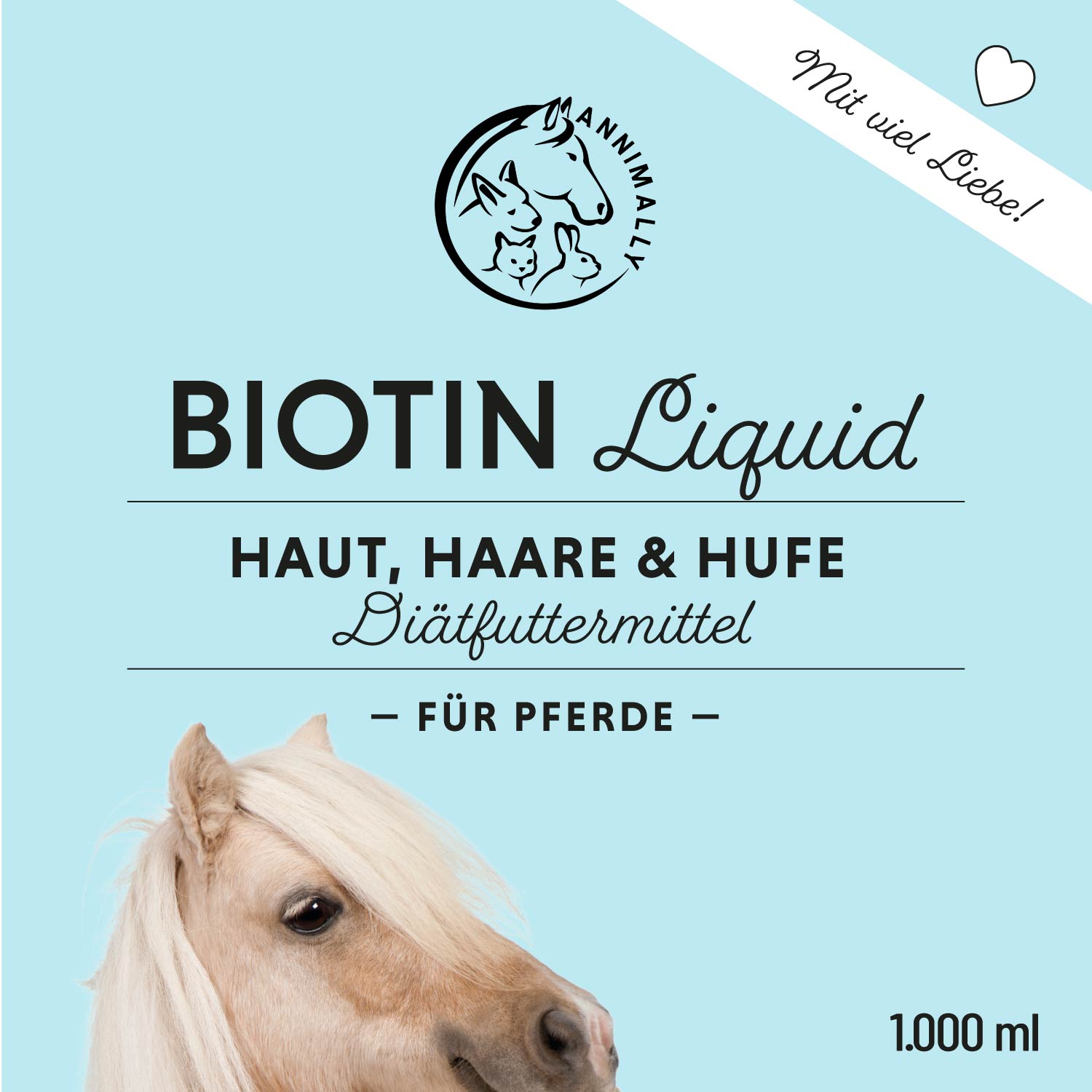Artichoke for horses: Natural support for liver and digestion
Did you know that the artichoke is not only a true delicacy on human plates, but also plays an important role in horse feeding? The plant Cynara scolymus , as it is botanically known, is a true miracle weapon when it comes to supporting the liver, digestion and metabolism in horses.
In this article, you will learn how to use artichokes specifically for your horse, what benefits they offer, and what you should pay attention to when feeding them.
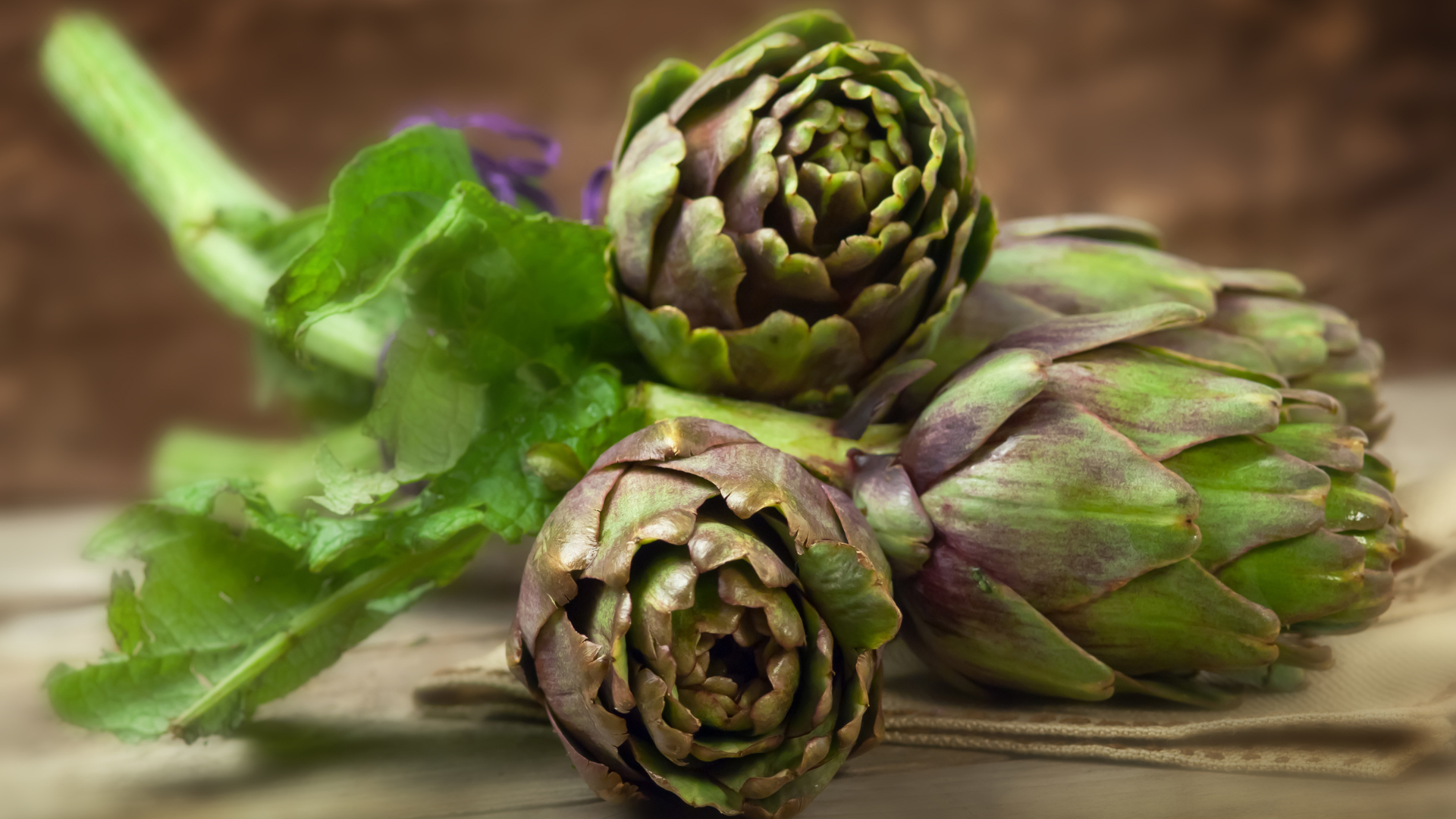
Why is the artichoke so valuable for horses?
The artichoke belongs to the daisy family and is known for its flower-like bracts and liver-friendly properties. The artichoke leaves, in particular, contain numerous valuable ingredients such as bitter substances, flavonoids, vitamins, and enzymes. These bitter substances promote digestion in horses, stimulate liver function, and can support overall liver metabolism.
Artichokes can be a natural and gentle aid, especially for horses with liver problems, digestive disorders, or flatulence. Giving artichoke leaves can also be a useful supplement during feed changes, during periods of stress, or for older horses.
Bitter substances – small helpers with a big impact
The bitter compounds contained in artichokes promote bile production and thus stimulate detoxification. This is especially important for horses, as the liver, the central organ for detoxification, is often under considerable strain – whether from medications, worming treatments, contaminated feed, or environmental toxins.
Thanks to its bitter compounds, artichokes can support liver function and simultaneously improve digestion. It is therefore particularly helpful for digestive problems such as flatulence, sluggish bowel movements, or loose stools.
Artichoke in horse feed – in what form?
The feeding recommendation depends on the form in which you want to offer the artichoke to your horse. It is available as powder, pellets, or dried artichoke leaves – either as a single feed or in combination with other herbs such as milk thistle.
Here are some forms that have proven successful:
-
Artichoke pellets : Simply mix into the concentrate. Ideal for picky horses.
-
Artichoke powder : Easy to dose, also suitable for a cure.
-
Dried artichoke leaves : More suitable for horses with good acceptance of herbs.
High-quality food is always important – when choosing, pay attention to tested products, preferably without additives and with transparent information on dosage.
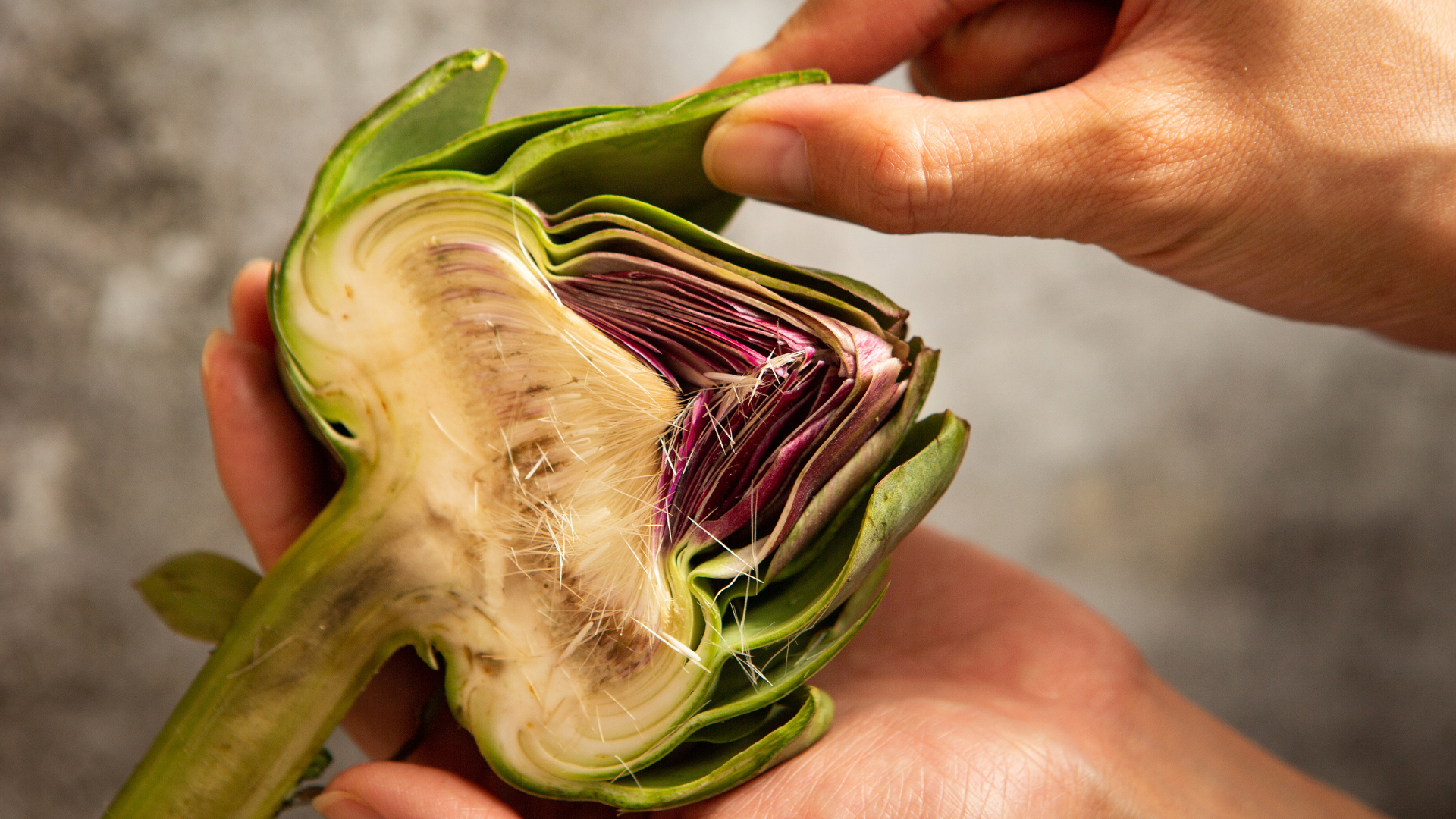
Combination with milk thistle – power duo for the liver
Milk thistle is another classic herb for liver problems. Combined with artichokes, it can have an even stronger effect. While artichokes stimulate bile flow and digestion, milk thistle, with its active ingredient silymarin, protects liver cells and promotes their regeneration.
This duo is particularly useful for horses with chronic metabolic disorders, EMS, Cushing's syndrome, or after medication. The combination can also be ideal for strengthening older horses.
Artichoke as support for feed changes
If you're transitioning your horse to a new feed, artichokes are a valuable companion. They not only support digestion but also help the metabolism adjust to new feeds. Many horses react to new rations with flatulence or sluggish digestion – in these cases, the bitter substances in artichokes can have a regulating effect.
Vitamins and crude fiber – valuable for every horse
In addition to bitter substances, the artichoke also provides a good dose of vitamin C, which is important for your horse's immune system. The plant also contains plenty of crude fiber, which supports intestinal function and promotes healthy intestinal flora.
Whether as a cure or as a permanent supplement – the artichoke provides important vitamins, promotes liver and gall bladder function, and ensures that your horse can better utilize feed.
What should you pay attention to?
Although the artichoke is a very well-tolerated plant, you should keep a few things in mind when using it:
-
Dosage : Start with small amounts and observe how your horse reacts.
-
Quality : Look for high-quality products, free from harmful substances or contaminants.
-
Consult your veterinarian : Especially if you have existing liver problems, you should consult your veterinarian before giving the product.
In individual cases, introducing too quickly or giving too much can lead to diarrhea—especially in very sensitive horses. Caution is also advised for pregnant mares.
Conclusion: The artichoke – an old medicinal plant for new challenges
The artichoke has long since proven its worth not only as a food for humans, but also demonstrates its strengths in modern horse husbandry. Whether you want to support your horse's liver function, stimulate its metabolism, or stabilize digestion during feed changes – the artichoke is a natural aid with great potential.
Especially when combined with milk thistle, in pellet form or powder, you can do your horse a favor with artichokes. It's more than just a pretty flower—it's a true health booster with a long tradition.
Try it out – your horse will thank you!





